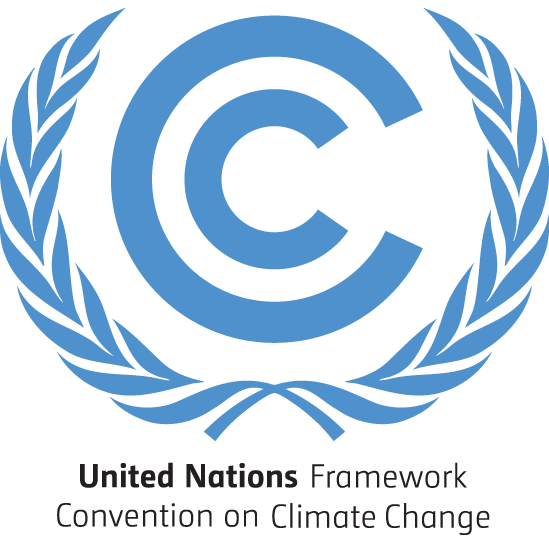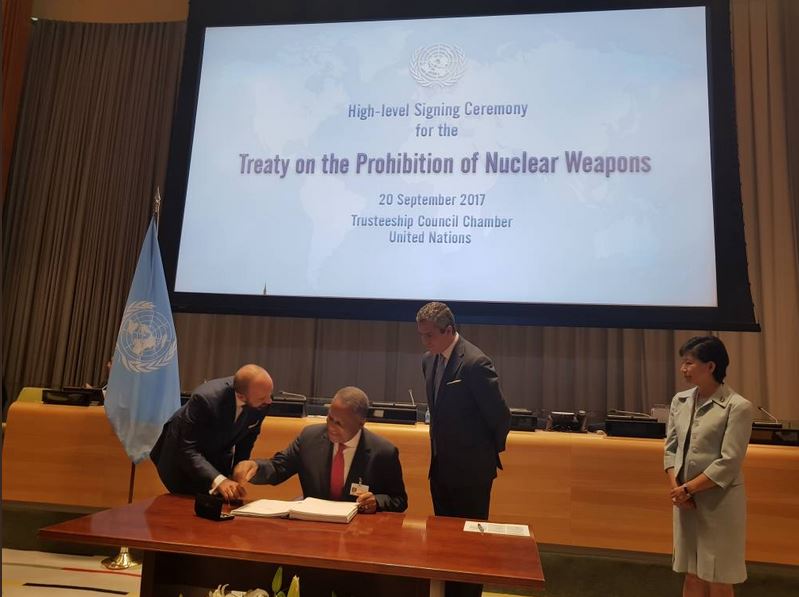The Federal Government of Nigeria has announced its ratification of the United Nations Framework Convention on Climate Change (UNFCCC), and the Minamata Convention on Mercury.
The Minister of State for Environment, Ibrahim Jibril, disclosed this at the 11th meeting of the National Council of Environment held in Abeokuta, Ogun State.
According to the Minister:
“We have ratified the treaty and also signed the Minamata convention on mercury and also obtained Mr President’s signature on the instrument of ratification last week. The instrument is about to be forwarded to the United Nations.”
The Minamata Convention on Mercury is an international treaty designed to protect human health and the environment from anthropogenic emissions and releases of mercury and related compounds.
The UNFCCC, on the other hand is a global treaty adopted on May 9, 1992 and opened for signature at the Earth Summit in Rio de Janeiro June 14, 1992. It was enforced March 21, 1994, after a sufficient number of countries had ratified it. The UNFCCC objective is to “stabilize greenhouse emissions to a level that would prevent dangerous climatic effects. About 168 nations have signed it so far.”
The Minister, while speaking on the theme of the meeting, ‘Unlocking the Investment Opportunities in the Environment Sector towards Nigeria’s Economic Recovery, Diversification, Growth and Sustainable Development’, said the development came at a time the government at all levels were keying into the change mantra of the federal government.
In his words:
“Indeed, these are tough and challenging times for the Nigerian economy. I believe this informs the choice of the theme for this forum which could not have come at a better time than now, considering the policy direction and focus of this administration.
In spite of the challenging times, this government has demonstrated complete political will and commitment in the cause of reviving the Nigeria project by dealing with immediate issues of improving security, tackling corruption, and revitalising the national economy.”
The host governor, Ibikunle Amosun, in his remarks warned that environmental issues should not be treated with levity because of its link with economic development.
He added that most of the adverse climatic and environmental conditions are manifestation of man’s ”inadvertent but cruel response to climate.
According to the Governor:
“There are records to show that countries that have developed remarkably paid particular attention to the human and environmental implications of their actions.


